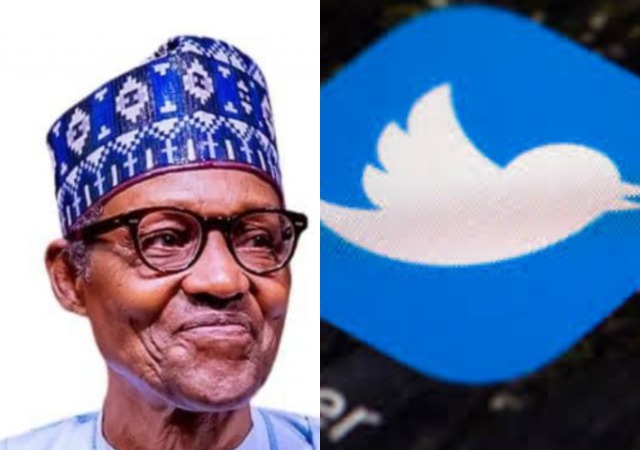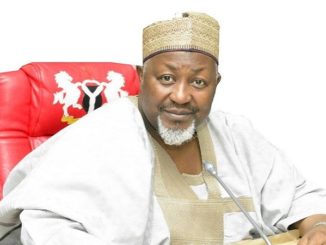
The UK and Nigerian governments have met over issues bordering on President Muhammadu Buhari’s Twitter ban, terrorism, and the Petroleum Industry Bill (Bill).
The two governments also deliberated on asset recovery, anti-corruption, amendment of the Electoral Act, and the Audit Bill.
The meeting was between Nigeria’s justice minister Abubakar Malami and the UK High Commissioner to Nigeria, Catriona Laing, said a statement by Malami’s media aide Umar Gwandu.
According to the statement, Malami told the UK envoy that the fundamental interest and objective of Mr Buhari’s regime was to leverage the bills to enhance value in terms of creating a conducive environment for investment, protecting the public interest for the maximum benefit of the country.
On the PIB, Malami explained that the federal government had taken necessary steps to ensure that Buhari signs pending bills into law.
Malami further noted that the essence of the amendment of the Electoral Act was to enhance the democratic system, thereby addressing delays in judicial determination of pre-election matters and ensuring justice and fairness in the conduct of election processes party primaries.
“To strengthen the fight against corruption, the government came up with the Proceeds of Crime Bill and Audit Bill among others,’’ he stated.
The attorney general argued that public interest remained Mr Buhari’s regime’s uppermost consideration in regulating freedom of expression, pointing out that reasonable restrictions to freedom of expression are locally and internationally recognized.
Mr Malami added, “Our government is not averse to freedom. Freedom is not borderless. Freedom of expression must not be used in such a manner that incites citizens to violence or calls for an overthrow of a democratically elected government. There are bounds to freedom within the laws.”



